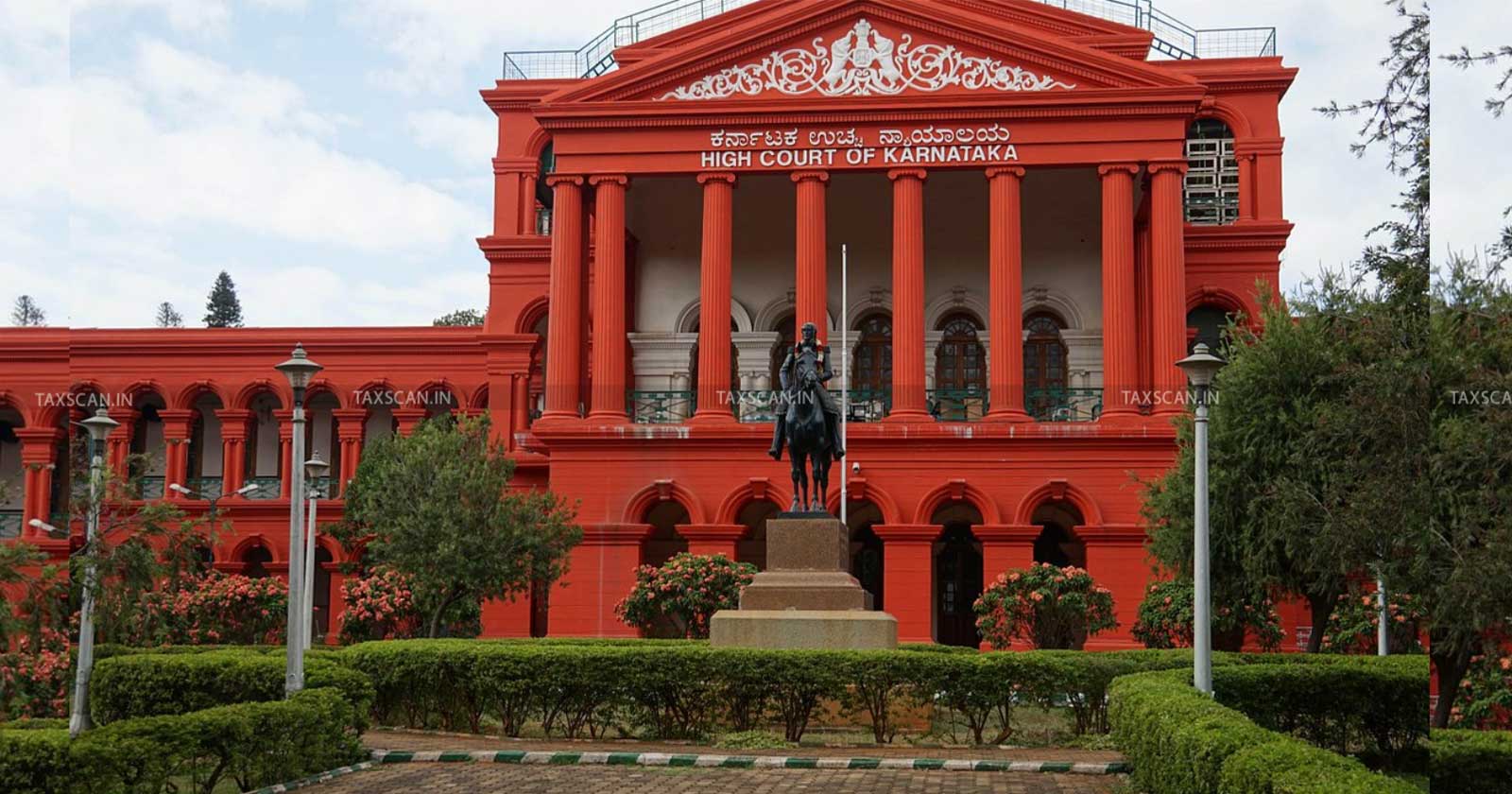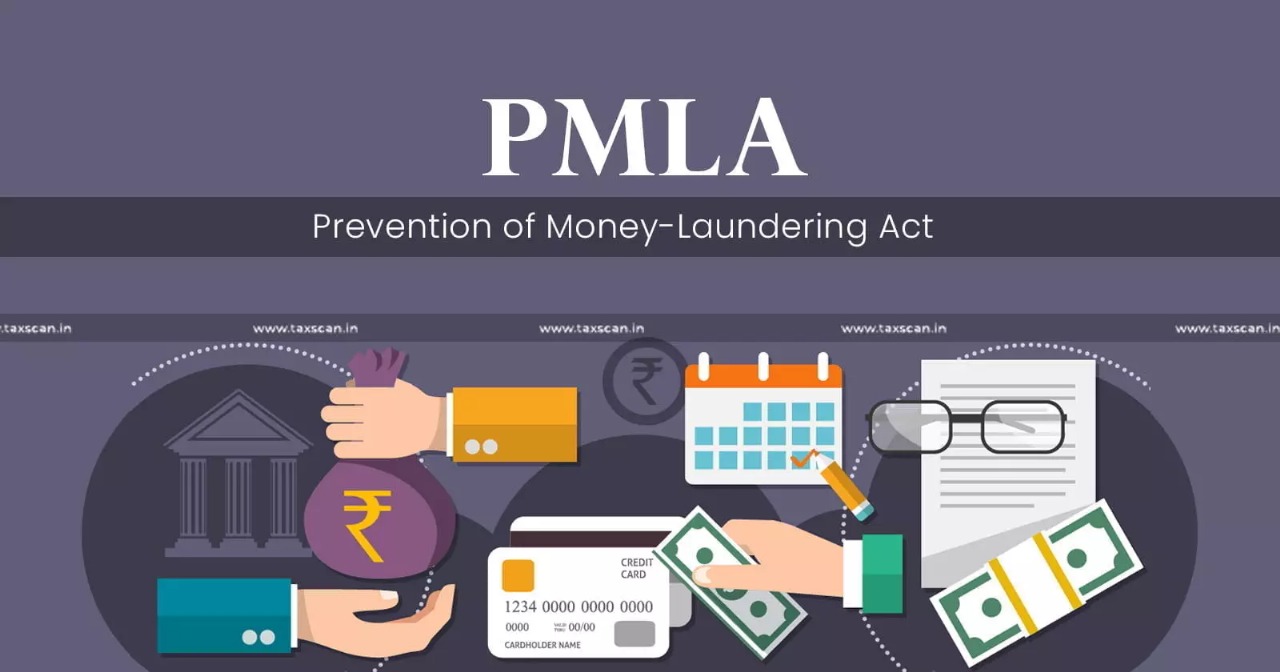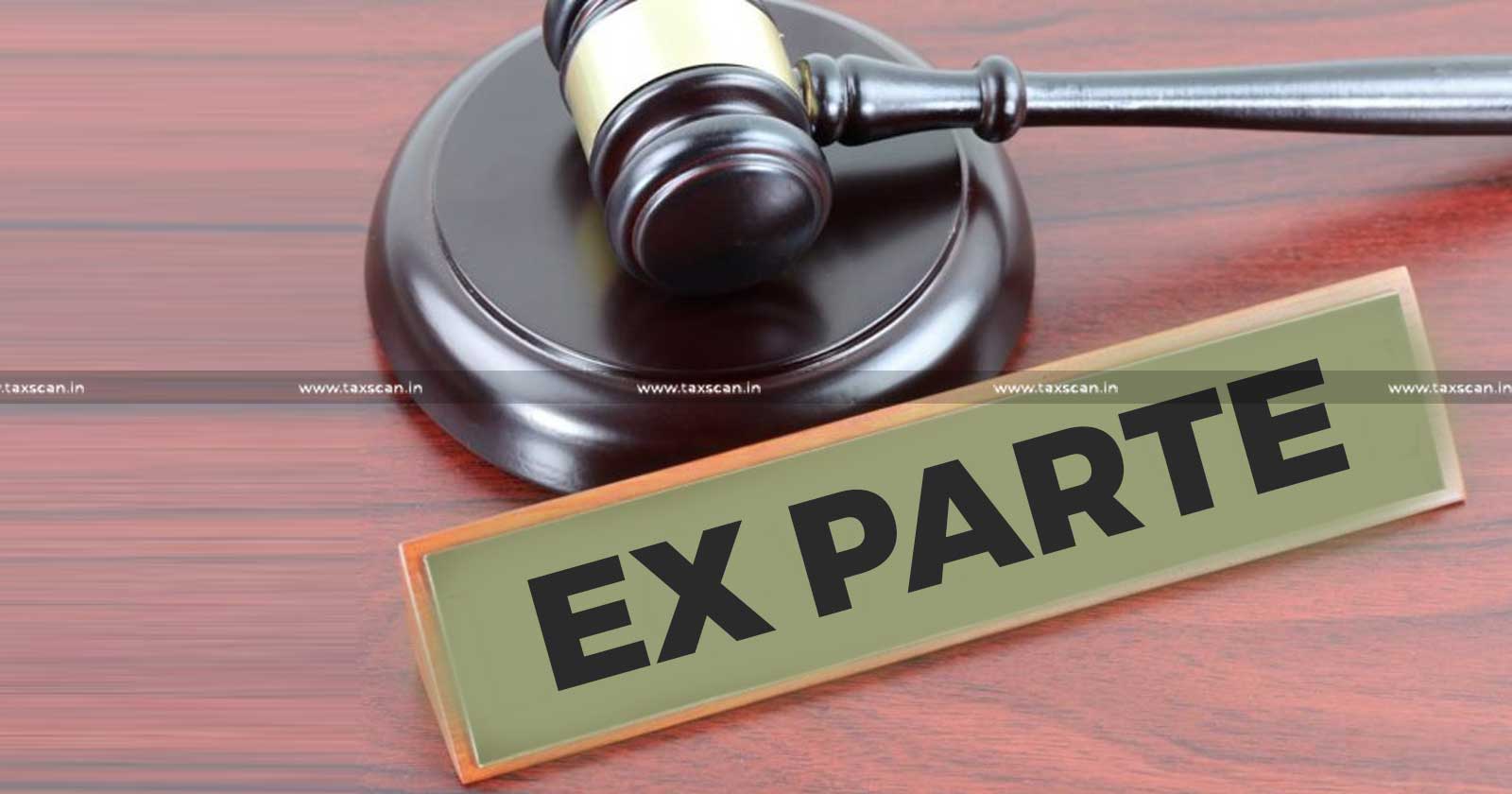₹1.5 Cr Property Funded by Immoral Trafficking of Women & Crime: Delhi HC Upholds ED’s PMLA Attachment due to No Proof of Legit Income Source [Read Order]
The Delhi High Court noted that the offence of money laundering is continuing in nature and includes the possession and enjoyment of crime proceeds, even if acquired prior to the predicate offence
![₹1.5 Cr Property Funded by Immoral Trafficking of Women & Crime: Delhi HC Upholds ED’s PMLA Attachment due to No Proof of Legit Income Source [Read Order] ₹1.5 Cr Property Funded by Immoral Trafficking of Women & Crime: Delhi HC Upholds ED’s PMLA Attachment due to No Proof of Legit Income Source [Read Order]](https://images.taxscan.in/h-upload/2025/07/29/2070368-property-funded-by-immoral-trafficking-property-funded-by-immoral-trafficking-of-women-crime-taxscan.webp)
In a recent decision, the Delhi High Court dismissed an appeal challenging the attachment of properties valued at approximately ₹1.5 crore by the Enforcement Directorate (ED) that were in the ownership and possession of a person accused of accruing the assets through proceeds of immoral trafficking of women and other criminal activities.
The case arose from multiple First Information Reports registered in 2010 following a raid conducted near PVR Saket, where Dwivedi and his associate were apprehended alongside six women in connection with a sex trafficking ring.
The FIRs led to charges under the Immoral Traffic (Prevention) Act, 1956 and the Maharashtra Control of Organised Crime Act, 1999. Substantial cash, property documents, and materials evidencing illegal earnings were seized during the raid.
 Also Read:Karnataka HC directs to grant bail for offence u/s 4 of PMLA on Execution of Personal bond [Read Order]
Also Read:Karnataka HC directs to grant bail for offence u/s 4 of PMLA on Execution of Personal bond [Read Order]
Comprehensive Guide of Law and Procedure for Filing of Income Tax Appeals, Click Here
Subsequent investigations revealed a long-standing crime syndicate that had been operational since 1997.
The ED subsequently initiated proceedings under PMLA and provisionally attached multiple properties, including bank balances, life insurance policies, a vehicle and an immovable property in Khanpur, Delhi. The Adjudicating Authority confirmed the attachment in 2015, which was then upheld by the Appellate Tribunal in 2025. The appellant has challenged the attachment of the property through this present petition.
Mohit Chaudhary, Kunal Sachdeva and Katyayani Vajpayee appearing for the appellant argued that the attached property was acquired in 2003, well before the offences were registered in 2010. Hence, it was contended that the said properties could not be considered proceeds of crime.
 Also Read:S. 44(1)(c) of PMLA Applicable After jurisdictional Court has taken cognizance of scheduled offences: Bombay HC [Read Order]
Also Read:S. 44(1)(c) of PMLA Applicable After jurisdictional Court has taken cognizance of scheduled offences: Bombay HC [Read Order]
It was further stated that the ED had failed to identify any specific predicate offence linking the property with tainted funds, and that the source of income came from religious ceremonies conducted by the appellant. Reference was also made to the presumption under Section 23 of PMLA, stating that the transactions took place at different timelines and could not be interconnected.
Comprehensive Guide of Law and Procedure for Filing of Income Tax Appeals, Click Here
Rahul Tyagi representing the ED submitted that the appellant had been engaged in continuous criminal activity since at least 1997 and that the offence of money laundering is a continuing one under the PMLA framework. It was further argued that the appellant failed to discharge the burden of proof under Section 24 of the Act to show that the assets were not derived from criminal conduct.
The Division Bench of Justice Subramonium Prasad and Justice Harish Vaidyanathan Shankar observed that the nature and extent of the materials on record, including personal diaries, receipts, and testimonies, pointed to a pattern of systematic criminal behaviour.
 Also Read:Delhi HC Sets Aside Ex-Parte GST Demand Over Improper SCN Service via Portal’s ‘Additional Notice’ Tab [Read Order]
Also Read:Delhi HC Sets Aside Ex-Parte GST Demand Over Improper SCN Service via Portal’s ‘Additional Notice’ Tab [Read Order]
It was held that merely claiming that the disputed property was acquired before filing of the FIR could not sever its connection with ongoing criminal activity. The Bench referenced the Supreme Court decision in Vijay Madanlal Choudhary v. Union of India (2023) to emphasize that the offence of money laundering under Section 3 of the Act is continuing in nature and includes the possession and enjoyment of crime proceeds, even if they had been acquired prior to the predicate offence.
The Delhi High Court concluded that the appellant had failed to produce any credible evidence of legitimate income sufficient to justify the acquisition of the property and ruled that the ED’s attachment was lawful and did not warrant interference. Thus, the appeal was dismissed.
Support our journalism by subscribing to Taxscan premium. Follow us on Telegram for quick updates


